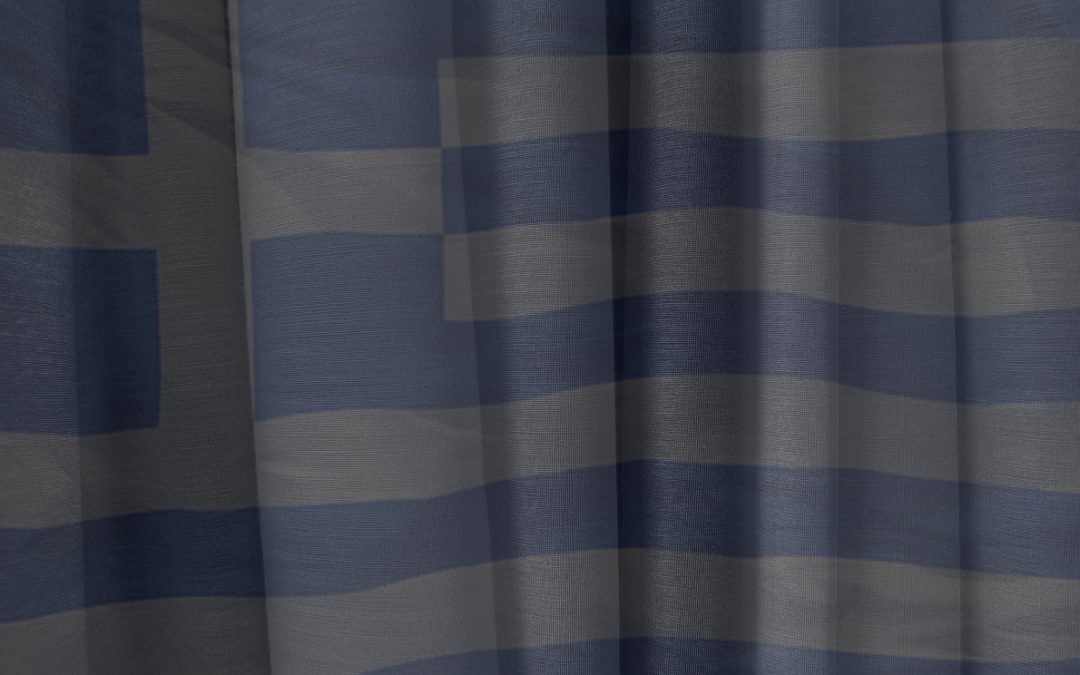The Greek Textile Industry presented important rhythms of growth in the past decades. In the 60’ and 70’s period, Greek textile Industry maintained a powerful place in the domestic industry.
The Greek Textile Industry has also undergone significant changes over the past years. These changes have been caused by systemic changes on the international stage, through globalization, liberalization of textiles trade and the resulting increase in competition.
Since 2008 (European and Global Economic Crisis), Greek Textile Industry entered in period of recession, with important reduction of domestic production and investment activities, so that it is led to shrinkage and a lot of textile manufacturing units suspend completely their work.
A distinction can be made between two types of stakeholders in the Greek Textile Industry: Private Label Manufacturers and Greek Brands Producers.
Private Label Manufacturers have the following advantages:
- Excellent quality and well-designed products
- High Flexibility
- A quick response and a fast delivery ability
- An ability to respond in small and medium size orders
On their side, Greek Brands producers have the following advantages and are going of the following trends:
- High Flexibility
- An unbeatable quality-price ratio
- An ability to respond in small and medium orders
- The expected growth of branded Greek exports
- The expected development of big trade chains in Greek market
Currently, the Greek Textile Industry focuses on products with higher added value and offers design services in addition to quality manufacturing.

